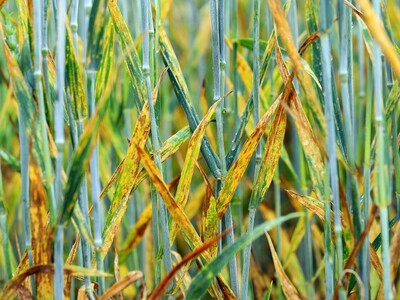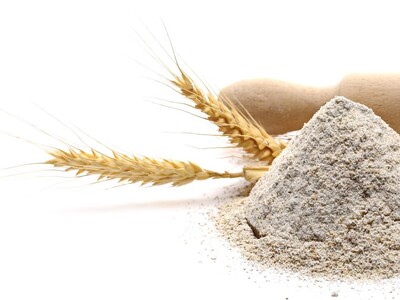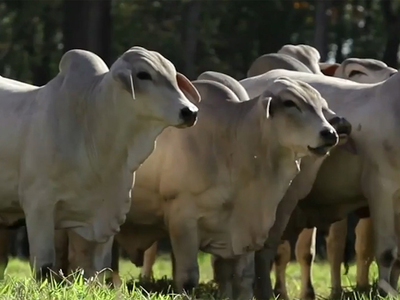Snake bites
If you get bitten by a snake, Dr. Maureen Frank, Assistant Professor and Extension Wildlife Specialist at Texas A and M University has this advice: If you can take a picture of it, that's fine. Otherwise, if you can just describe it when you get to the doctor, that's fine. But don't try to kill it or capture it or anything like that because you're more likely to get it again. Speaker2: Even if the snake that bites you is not poisonous. Speaker1: There's still a risk of infection. So if the bite punctures your skin, go wash it really well with soap and water. Some people have heard about tying a tourniquet above the bite site to try to reduce the blood flow and keep it from getting to your heart. That does not work and in fact is very dangerous to do so. You don't want to try to suck it out or any of those kind of folk remedies. Speaker2: Now, Dr. Frank says one thing you could do is remove any tight fitting clothing, shoes, jewelry, shirt, sleeves, etc. That's near the wound. Speaker1: Because if it is venomous, you're going to get some very major swelling. Speaker2: But most important, through this whole thing. Speaker1: Stay calm, get to the doctor, and they will be able to administer an anti-venom and help get you back and going again. But if it is a venomous snake, that can be a pretty rough route. The fatalities from snake bites in the United States are very low because we have access to good medical care. You're most likely going to be able to get to the doctor and survive, and it's not going to be fun, but you'll survive most of the time. Speaker2: The key, again, just getting to the emergency room or hospital as quick as you can and you'll do just fine.


















